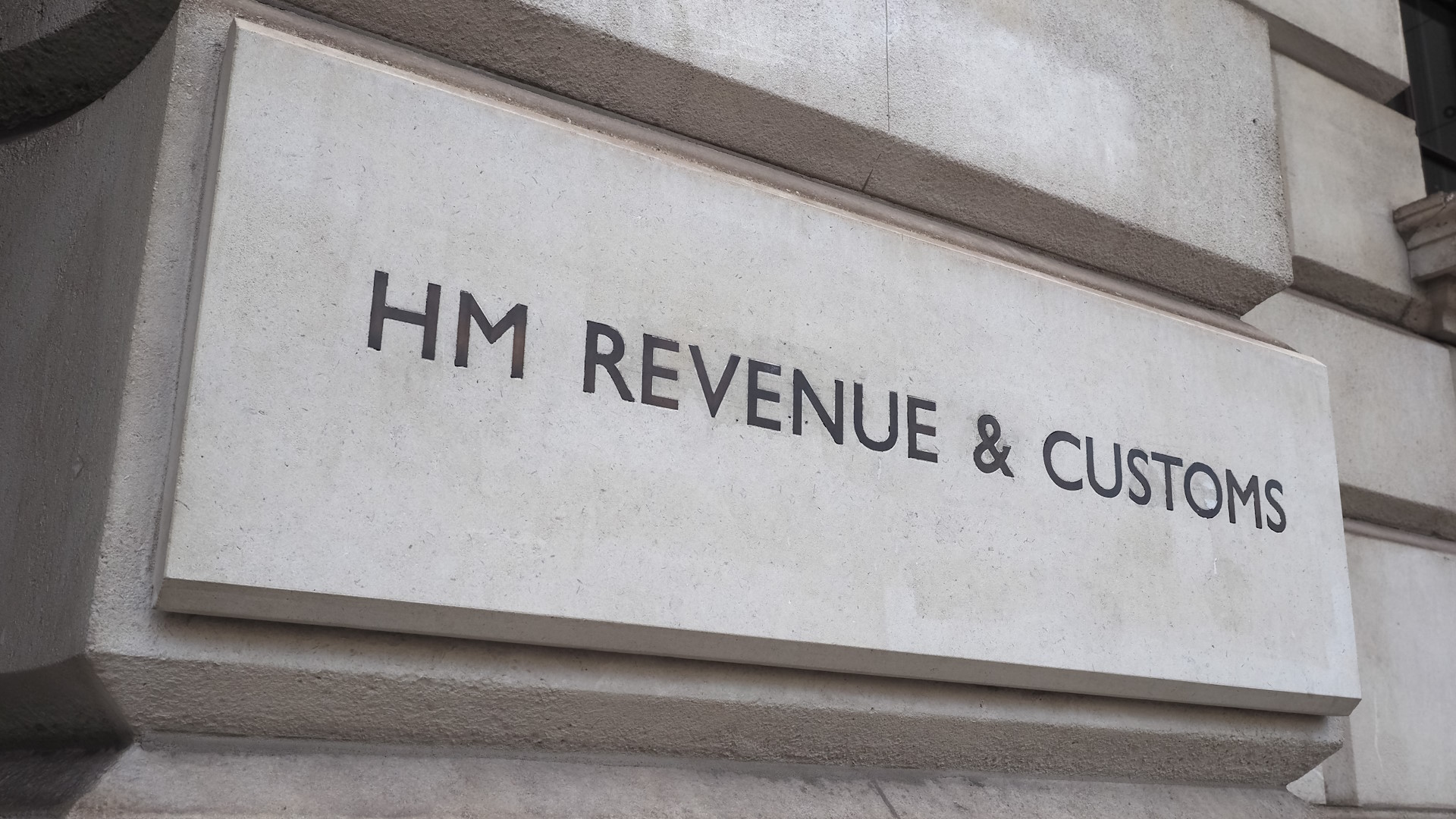The UK currently has a partial B2G e-invoicing mandate in place, but its impact is limited, as it only requires public administrations to accept electronic invoices compliant with the EN 16931 standard. Suppliers, however, are not obligated to send invoices electronically and can choose their preferred format, including PDF or even paper.
But since Brexit, progress on expanding e-invoicing initiatives has stalled, as the UK is no longer required to adhere to Directive 2014/55/EU, which would have enforced a broader B2G e-invoicing mandate.
An effort aimed at closing the tax gap
The recent consultation launch marks a significant development, suggesting that the UK may soon join other nations in introducing e-invoicing and/or e-reporting mandates. The announcement, made by the Chancellor, is part of HM Revenue & Customs‘ efforts to close the tax gap and combat fraud.
The Office of the Small Business Commissioner also supported the initiative, highlighting e-invoicing as a way to address late payments, which cost the UK economy an estimated £27 billion annually. Through wider e-invoicing adoption, the government aims to deliver benefits such as faster processing times, fewer errors, and productivity improvements for UK businesses.
The announcement however did not include specific deadlines or details about the consultation process, hence further information is excepted soon. Stay updated on UK e-invoicing developments on The Invoicing Hub.






No comment yet, add your voice below!